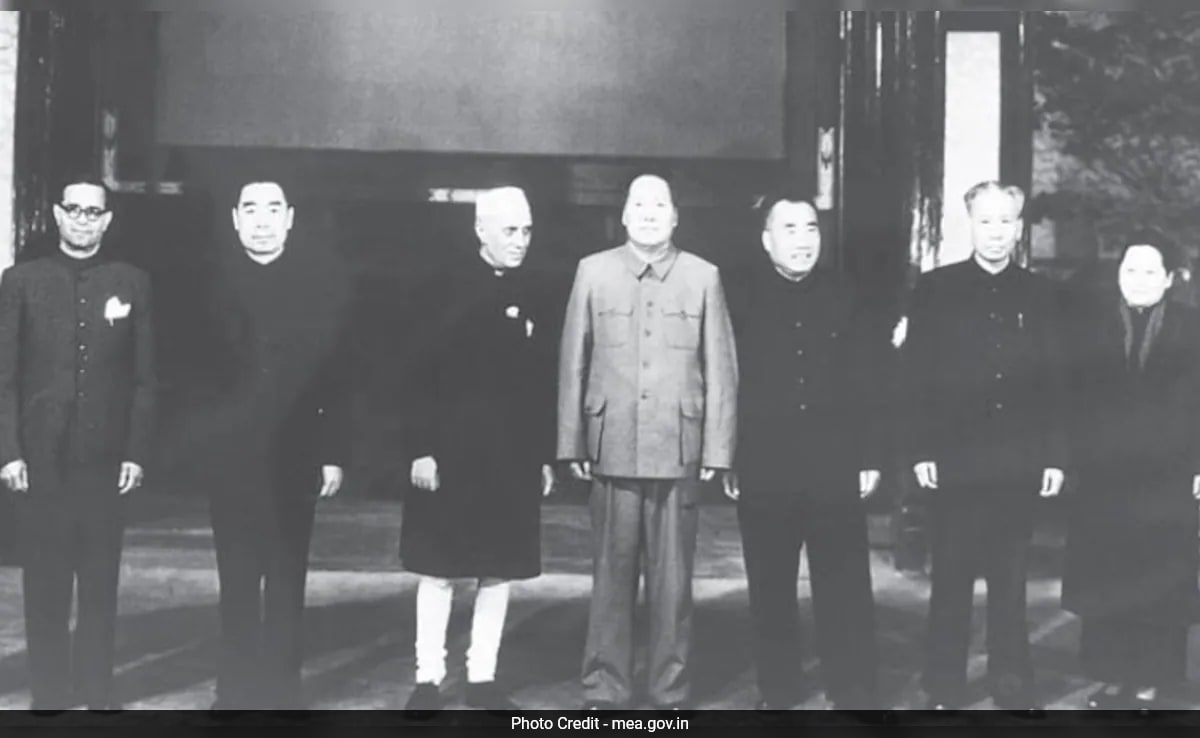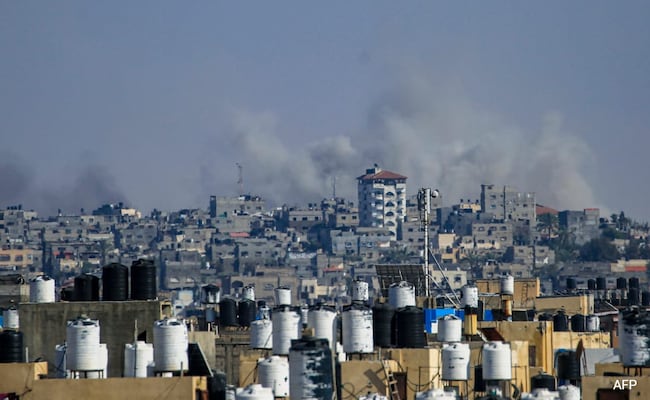President Biden pushes for ceasefire in Gaza amid challenges. File.
| Photo Credit: AP
President Joe Biden spoke with Israeli Prime Minister Benjamin Netanyahu on Wednesday as the United States presses Israel and Hamas to agree to a “bridging proposal” that could lead to a ceasefire in the war in Gaza.
Hamas and Israel have signaled that challenges remain amid significant differences over the presence of Israeli troops in two strategic corridors in Gaza and other issues, dimming Mr. Biden’s hopes that a deal can soon be reached. Vice President Kamala Harris, who is in Chicago this week to accept her party’s nomination at the Democratic National Convention, also joined the call.
Mr. Biden “stressed the urgency of bringing the ceasefire and hostage release deal to closure,” the White House said in a statement. The two leaders also discussed using high-level talks in Cairo this week between mediators from the U.S., Israel, Egypt and Qatar to work through “remaining obstacles” to an agreement.
But hope that a deal can be completed, at least in the near term, appears to be diminishing.
The president on Friday said he was “optimistic” that an agreement could be reached after he spoke by phone with Qatar’s emir, Sheikh Tamim bin Hamad al Thani, and Egyptian President Abdel-Fattah el-Sissi, whose countries are key interlocutors with Hamas.
But by Tuesday, Mr. Biden was notably more muted about the prospects of the two sides coming to an agreement soon. He told reporters after delivering an address at the Democratic convention that “Hamas was now backing off,” but that the U.S. is “going to keep pushing” to land a ceasefire deal.
The president spoke with the Israeli prime minister from Santa Ynez, Calif., where he’s vacationing with his family at the 8,000-acre property of the medical technology mogul and Democratic donor Joe Kiani.
The White House said Mr. Biden and Mr. Netanyahu discussed escalating tensions between Israel and Iran, and with militant groups — Hamas, Hezbollah, and the Houthis — that are backed by Tehran.
The call came after Secretary of State Antony Blinken met this week with officials in Israel, Egypt, and Qatar and ahead of the new round of talks in Cairo later this week.
“This is a decisive moment, probably the best, maybe the last opportunity to get the hostages home, to get a ceasefire, and to put everyone on a better path to enduring peace and security,” Mr. Blinken said after meeting with Mr. Netanyahu and Israeli President Isaac Herzog in Tel Aviv on Monday.
Officials in Egypt told The Associated Press on Wednesday that Hamas won’t agree to the bridging proposal for a number of reasons — ones in addition to the long-held wariness over whether a deal would truly remove Israeli forces from Gaza and end the war.
One Egyptian official, with direct knowledge of the negotiations who requested anonymity to discuss the sensitive matter, said the bridging proposal requires the implementation of the deal’s first phase, which has Hamas releasing the most vulnerable civilian hostages captured in its Oct. 7 attack on Israel that sparked the war. Parties during the first phase would negotiate the second and third phases with no “guarantees” to Hamas from Israel or mediators.
The official said the proposal doesn’t clearly say Israel will withdraw its forces from two strategic corridors in Gaza, the Philadelphi corridor alongside Gaza’s border with Egypt and the Netzarim east-west corridor across the territory. Israel offers to downsize its forces in the Philadelphi corridor, with “promises” to withdraw from the area, the official said.
Hamas is seeking a complete Israeli withdrawal from Gaza, including the Philadelphi Corridor, a narrow 14.5-km-long (nine-mile) stretch of land along the coastal enclave’s southern border with Egypt.
Mr. Netanyahu met earlier this week with right-wing groups of families of fallen soldiers and hostages in Gaza. The groups, which oppose a cease-fire deal, said he told them Israel will not abandon the two strategic corridors in Gaza. Netanyahu’s office did not comment on the groups’ accounts.
Blinken after his visit to Egypt and Qatar said the bridging proposal is “very clear on the schedule and the locations of (Israeli military) withdrawals from Gaza,” but no details on either have emerged.












